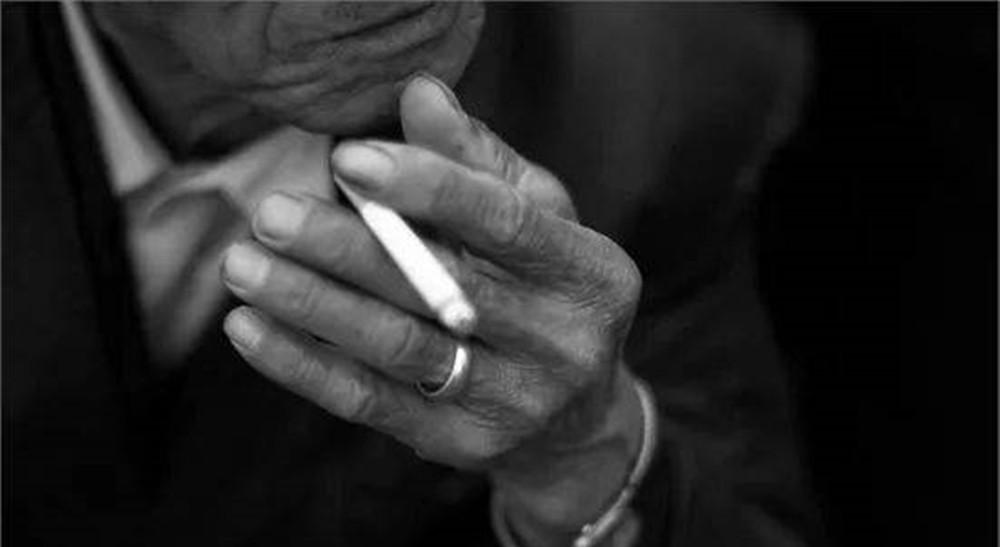
Why are some people very poor, but they can't leave their hands every day?
Is cigarette dependence related to rich and poor?
I don't know if there is a basis for this set of questions: What is the distribution of people who rely on cigarettes, such as age, gender, occupational status, and the difference between rich and poor? Although I wonder if dependence on cigarettes has anything to do with rich or poor. However, it can be seen that there are more and more teenagers in the smoking population in reality, of course, we can also see people from all walks of life, such as white-collar workers, farmers, migrant workers, street vendors, etc., there is no shortage of smoking enthusiasts.
In a country with a long history like China, tobacco and alcohol culture is also known worldwide. The relationship between Chinese people and tobacco and alcohol is like the relationship between individuals and men and women in food. Therefore, people's dependence on tobacco and alcohol is no longer a problem, but a matter of habituation. It can also be guessed that cigarette dependence should be a phenomenon that is not related to age, identity, and status.
What does cigarettes mean for the poor?
People are very poor, naturally they can only smoke cheap cigarettes. But the question of the subject may not be the price of the cigarette, but why do you smoke every day? Because of this question, it seems to be asking" People are so poor, you should not spend money on smoking, you still smoke every day."
So behind this subtext, is it for the economic consideration of the poor, or is it worrying about the poor's body, or is it condemning the poor's thinking, or something else? I'm not good at judging. Guess, it may be curiosity about this phenomenon, wondering what kind of mentality people like them are.
First of all, we can start with the function of smoke. As we all know, the reason why smoke is cute is that it contains nicotine, which can quickly reach the brain after inhaling it, making people feel a soft and pleasant feeling, which is fascinating. While nicotine makes the central nervous system first excited and then inhibited, its half-life in plasma is only 30 minutes, when below the stable level, smokers will feel irritable, uncomfortable, nausea, headaches and other physiological reactions, while eager to smoke a cigarette to supplement nicotine. Therefore, people like to smoke, and even like to "smoke every day without leaving their hands", mainly for two reasons: the pursuit of the feeling of fascination, and the escape of irritability.
Whether smoking constitutes dependence or addiction, and the degree of addiction, is related to the time and amount of smoking. For the time being, we regard "the poor smoke every day" as a kind of cigarette dependence, which has not reached the level of severe addiction. They love cigarettes so much for the simple reason that it is the temptation of nicotine.
From a deeper point of view, the meaning of cigarettes to the poor, there is a substitute psychological satisfaction: 1) a sense of possession and control. Cigarettes have a symbol of rich status, and the feeling of self-satisfaction when smoking, etc., all belong to the identity of the past dignitaries and nobles, but the poor in the past are unaffordable and untouchable. Nowadays, although people are poor, they are not so poor that they can't afford to smoke, even if they tighten their pants and belts, they have to smoke, and they can hold cigarettes every day, that feeling.... It's exciting, it's cool, it's superior. 2) A feeling of self-sufficiency, or narcissism. In the past, poor people experienced too many repressed emotions, such as shame and inferiority that were looked down upon. The feeling of smoking can not only alleviate fatigue and anxiety, but also have a sense of refreshing and powerful. Cigarettes for the poor, like the rich people's afternoon tea--- elegant luxury, can smoke every day without leaving the hand, about the same as tasting the elegant, luxurious possession.
Psychological dependence on something, an object, or someone, is something that everyone has, just as everyone has a heart for beauty. The objects of psychological dependence must also be very beautiful or very important things in people's hearts. These are dependent, either, directly satisfying the psychological needs of the person, or indirectly (compensatory) in satisfying the psychological deficit of the person. Cigarettes, even if they are cheap cigarettes, it is also the poor's coffee + red wine, cigarette dependence, for the poor, is the meaning of smoking is not smoking, but in the "swallowing clouds and vomiting fog" psychological feeling: self-amusement, self-indulgence, hedonism is ordinary.